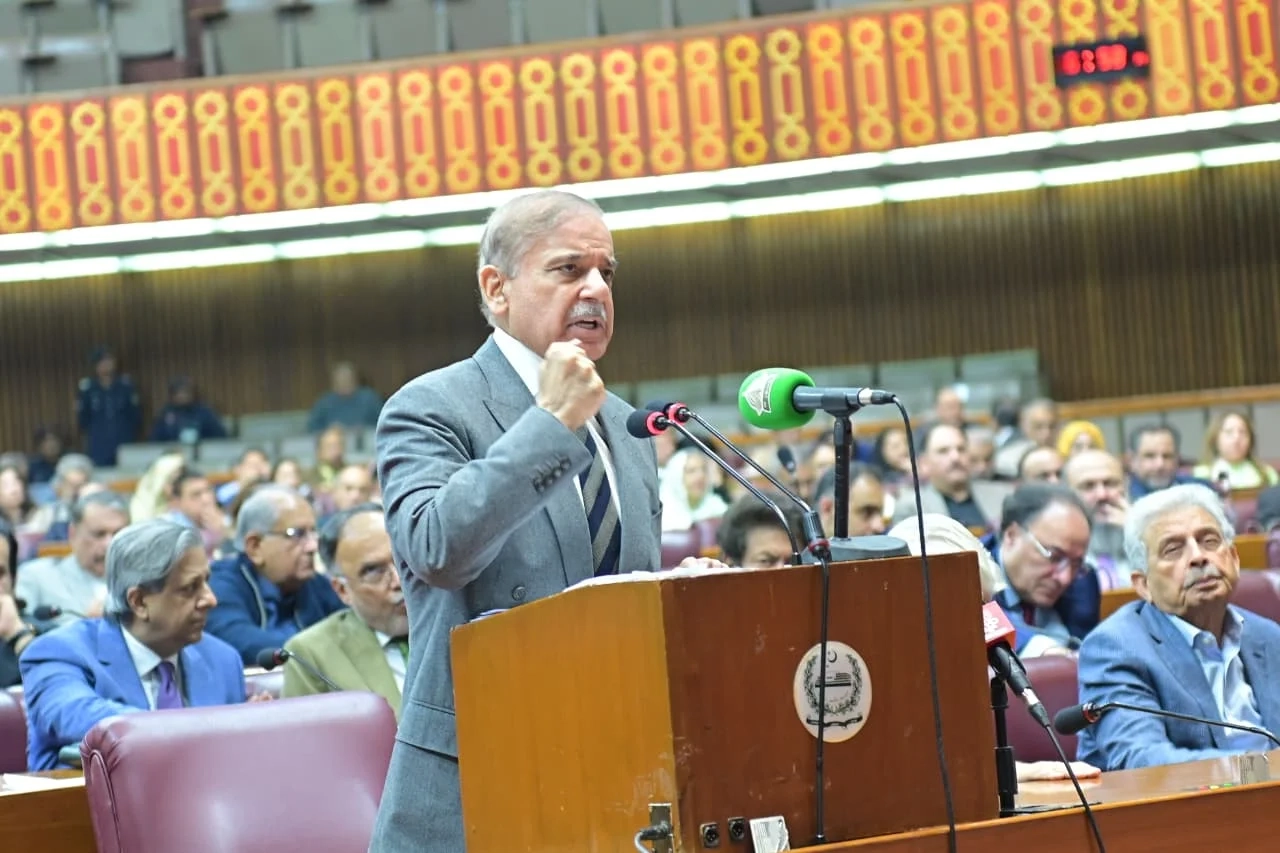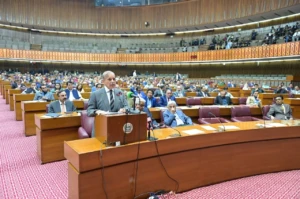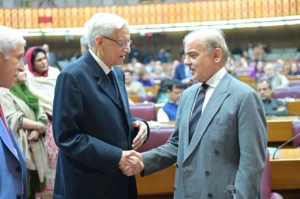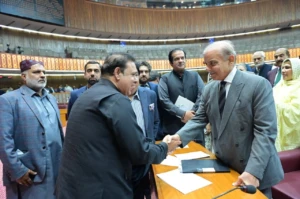27th Amendment Approved: Key Changes to Judiciary and Constitutional Powers

Islamabad: In a landmark yet contentious move, Pakistan’s National Assembly has passed the 27th Constitutional Amendment Bill along with six supplementary changes, securing a two-thirds majority. The development, hailed by the government as a step toward constitutional stability, has ignited sharp criticism from opposition parties who staged a dramatic walkout during the session.
The amendment, which follows Senate approval, introduces wide-ranging reforms to the judiciary and constitutional framework. Out of the total votes cast, 234 members supported the bill while only four opposed it, underscoring the government’s numerical strength in the House.
Establishment of a Federal Constitutional Court
One of the most significant provisions of the amendment is the creation of a Federal Constitutional Court, a new judicial body designed to interpret constitutional matters. Judges of this court will serve three-year terms, with the retirement age set at 68. The Chief Justice of Pakistan will hold authority to administer oaths to the President, Chief Election Commissioner, and Attorney General, further consolidating the role of the judiciary in state affairs.
The amendment also stipulates that the Chief Justice of the Constitutional Court and the Chief Justice of the Supreme Court will jointly be recognized as senior judicial figures. Equal representation from all provinces has been mandated for appointments, with at least one judge from the Islamabad High Court included in the new court’s composition.
Restructuring of Judicial Institutions
The amendment reshapes existing judicial institutions, particularly the Judicial Commission and the Supreme Judicial Council. Article 175A has been revised to expand the commission’s membership, now including the Chief Justices of both the Supreme Court and the Constitutional Court, as well as senior-most judges from each. Decisions on judicial appointments will be made by majority vote, reducing the likelihood of deadlock.
Another notable change is the removal of the two-year condition for the inclusion of women, non-Muslims, or technocrats in the commission. Critics argue this could dilute diversity, while supporters claim it streamlines the appointment process.
Perhaps the most controversial adjustment is the abolition of the Supreme Court’s suo motu powers through the deletion of Article 184. This move, according to government officials, prevents judicial overreach, but opposition leaders insist it undermines judicial independence.
Limits on Judicial Authority
The amendment introduces new restrictions on judicial authority. Article 239 has been revised to prevent courts from questioning constitutional amendments, effectively shielding parliamentary decisions from judicial review. Additionally, Article 200 has been amended to establish a new procedure for transferring High Court judges, requiring recommendations from the Judicial Commission and approval by the President.
Judges who refuse appointment to the Constitutional Court will be deemed retired under Article 206, with references filed against them. This provision has sparked debate about whether it coerces judges into compliance.
Heated Opposition Walkout
Despite the government’s celebration of the amendment as a milestone, the National Assembly session was marked by chaos. Opposition members, led by Mahmood Khan Achakzai, PTI Chairman Barrister Gohar Ali Khan, and Sanaullah Mastikhel, tore up copies of the bill, shouted slogans, and staged a walkout.
Opposition leaders accused the government of undermining democracy and attempting to “chain the judiciary.” Achakzai declared that the amendment blocks the path to people’s rule, while PTI’s Gohar Ali Khan alleged that the government is conspiring to keep his party out of Parliament. Mastikhel went further, calling the amendment an attempt to suppress judicial independence.
Government’s Defense
Government representatives, however, defended the legislation as a safeguard for constitutional stability. Prime Minister Shehbaz Sharif described the establishment of the Constitutional Court as the culmination of the Charter of Democracy, a vision first articulated by former Prime Minister Benazir Bhutto. “Today, Benazir’s spirit will be greatly relieved,” he remarked, framing the amendment as a democratic achievement.
PPP Chairman Bilawal Bhutto Zardari also weighed in, acknowledging criticism but insisting that his party has always faced scrutiny. Law Minister Azam Nazir Tarar emphasized that the reforms were necessary to clarify ambiguities and strengthen constitutional governance.
Scenes From the National Assembly Session








Political Temperature Rising
The passage of the amendment has heightened political tensions in Islamabad. Opposition parties argue that the reforms erode democratic principles, while the government insists they are essential for stability and modernization of the judiciary.
Observers note that the abolition of suo motu powers and restrictions on judicial review could significantly alter the balance of power between Parliament and the judiciary. Whether these changes will lead to smoother governance or deepen political divides remains to be seen.
Next Steps
With the National Assembly’s approval, the bill will now return to the Senate for consideration of the additional amendments. If endorsed, the Federal Constitutional Court could be established in the near future, marking a historic shift in Pakistan’s judicial landscape.
For now, the 27th Constitutional Amendment stands as one of the most sweeping constitutional reforms in recent memory—celebrated by the government as a stabilizing force, but condemned by the opposition as a blow to democracy.

